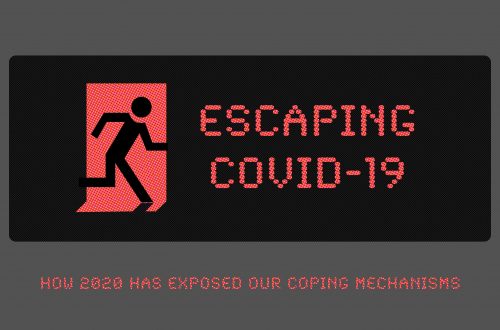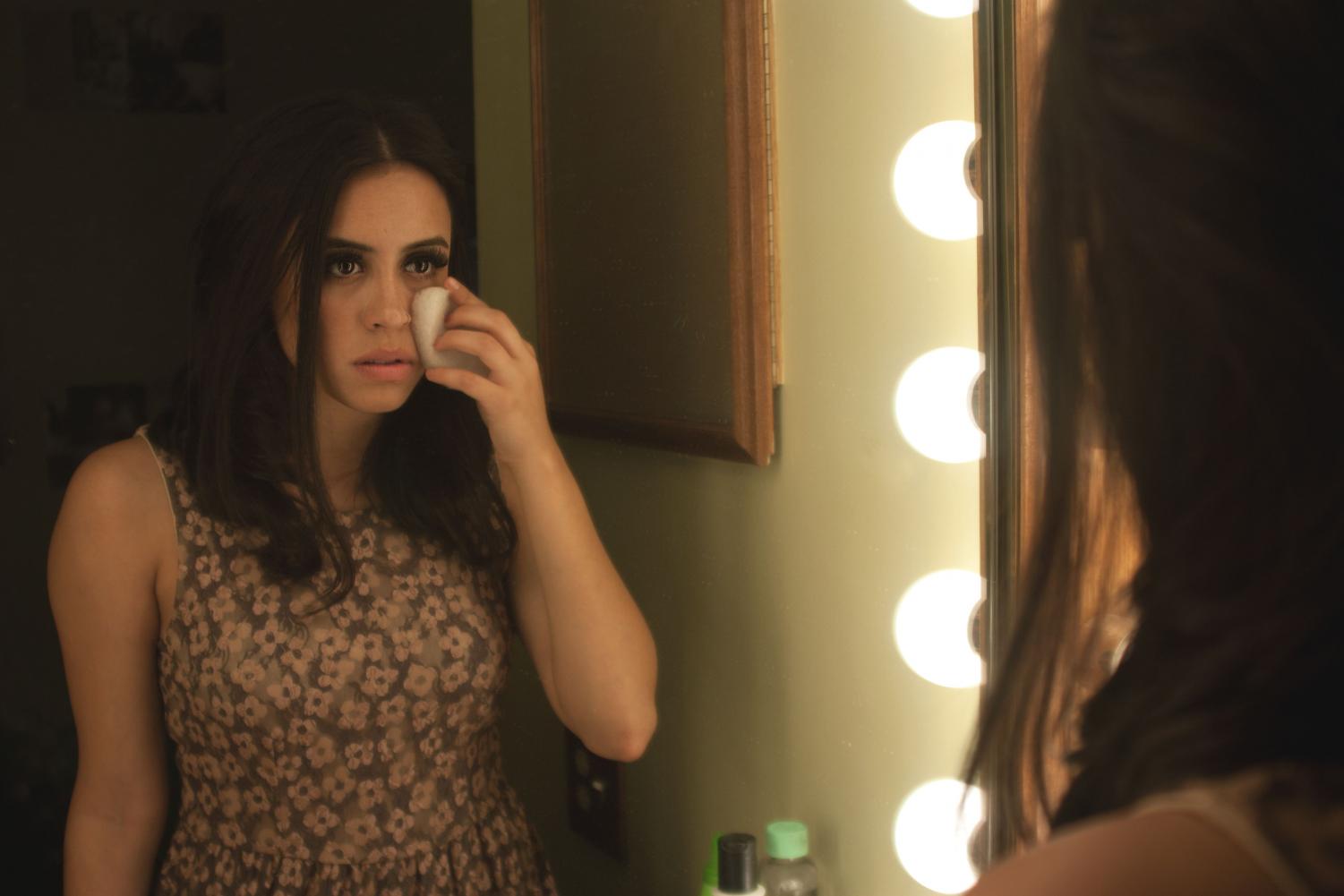By Vanessa Morales
Mental health and you
Mental health has grown a stigma from the moment it began weaving its way into our lives. For some, it feels as though it can carry shame, guilt or even unease. In any case, in any shape or form of how we encounter and interact with mental health, one thing is for sure– we all need to take care of our mental health. The constant notions of relating our mental health to our physical health have helped to break barriers and certain stigmas that are attached. Depression, anxiety, bipolar disorder, any variation or degree of these illnesses has surfaced over the past couple of decades.
The climb
Earlier this year a Science Daily study was taken and it had shown an increase in mental health issues arise in adolescents and even in adults just this past decade. The study had interviewed individuals from ages 12 to 17 and a second study group of 18 year-olds and older. They studied the increase in major depression over the past decade and it had shown a spike from 2005 to 2017 as a 52 percent incline of those who were diagnosed. “Cultural trends in the last 10 years may have had a larger effect on mood disorders and suicide-related outcomes among younger generations compared with older generations,” explained Jean Twenge, Ph.D., author of “iGen” and psychology professor at San Diego University on the Science Daily article.
The increase of mental illness during this past decade can be an accumulation of many reasons. Whichever way we are being pulled in the chaos of society and cultural clashes, to add to the pile, it feels as though Christianity is the answer for which we ought to rely on and yet have trouble releasing our problems on this one solution. We are called as believers to liberate our stresses and anxieties all onto God. We continuously hear the comforting and at times overbearing words of relying on prayer to get us through the rough seasons. Albeit, prayer is a rock on which we should stand on in our storms, but it also is not the only answer to our problems. Solely as humans, we face tough trials and weather storms that others may never have to deal with.

Every coin has two sides
As a Christian, I have the luxury and comfort of knowing that God is always by my side, no matter the depths of the waves in my storm.
There is a sense of balance that we create when juggling how we can “fix” each other under these conditions. A certain stage we enter is blaming whoever you want for all our problems and never taking the full heaviness of being a human being. We seem to forget that although we have a constant tug trying to make us falter in our faith, we also have explainable struggles in our lives that need tending to– our mental health is not a shameful act that we need to blame one thing on. It is a continuous battle, a teeter-totter of ups and downs, the rollercoaster of life that we create a form of art of balance between all things hardships and having a strength to lean on.
But as Christians do we have a higher obligation to keep our emotions in check when we know we have God to draw strength from? One Biola student, junior and elementary education major, Natalie Canales, says, “I believe that certain Christian communities think, ‘if you’re depressed why not rely on God?’ and its a very big issue that I don’t necessarily believe in.” It certainly is a tricky balance understanding how our emotions may get the better side of us, but that this does not mean we are defeated.
Admitting you are sad is one thing, admitting you are depressed is a whole other conversation. As a college student, and just as a young adult, in general, it can be difficult to maneuver our sad days from our depressive seasons, if that is something we may struggle in. “It starts with trusted friends,” says Natalie when asked: when can you admit when you are depressed? From there you can talk to a professor, adviser, or someone who knows how to help in times of need but, “the biggest step is starting with a friend,” says Natalie.
The tide seems to pull us in two general directions: suppressing the mental illness long enough that it is “cured” side and the “pray the sad away” side. This is the battle I seem to step foot in every few seasons or so. It is the constant argument of trying to decide if my sadness has a simple solution of overactive hormones or just a case of a “rough day, but not a rough life.”
Like every coin, there are two sides. The first is what I called the “Prayer fixes all” side. Where, above, I explained how we lean on God for all our daily struggles and needs. This is a luxury we should never forget, one in which we can call a strength that by ourselves we could never muster.
Likewise, the other side of our coin is the contribution of solely being human that can account for our daily struggles, which includes mental health issues. Every story is different, every symptom and expression of our emotion is different.
“Everyone experiences their sadness and possible depression in personal and unique ways,” says Dr. Taylor, director of the Biola Counseling Center.
We can never really explain why certain people struggle more than others. How can we cope with our mental illness? Praying more, sleeping more, reading more, spending more time with family/friends, taking medication, starting a meditation, practicing patience… whichever you chose, you chose to help you create a balance of a healthy mind. Nothing is more comforting knowing you are helping yourself so that eventually you can help others create their balance.





